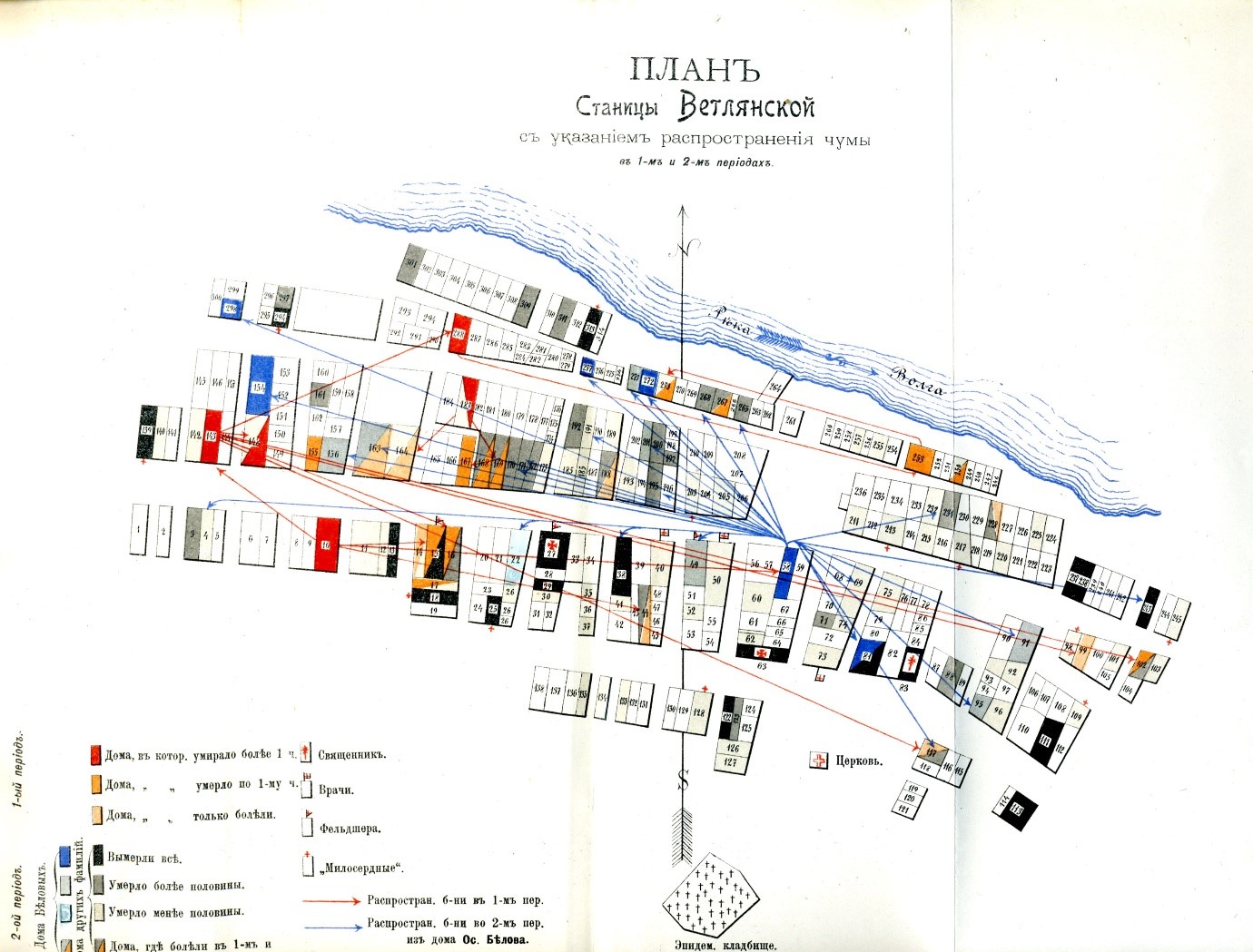Epidemiology and Infectious Disease Models with Lukas Engelmann
Episode 44 - January 17, 2021

Lukas Engelmann (University of Edinburgh) joins Merle and Lee to discuss the history of epidemiology. The conversation begins by thinking about epidemiology as a discipline as well as the gap between the discipline and scholars who use epidemiology. After discussing the development of epidemiology, including in the context of Covid-19, the interview moves to reflect upon infectious disease models, which have become especially popular in the recent pandemic. Some of the advantages and disadvantages of models are discussed, as well as some of the different approaches in how to evaluate them.
Further Reading
- Somatosphere. ‘#COVID19: The Spectacle of Real-Time Surveillance’, 6 March 2020.
- Engelmann, Lukas. ‘Picturing the Unusual: Uncertainty in the Historiography of Medical Photography’. Social History of Medicine 0, no. 0 (2019).
- Engelmann, Lukas. ‘Mapping Early Epidemiology: Concepts of Causality in Reports of the Third Plague Pandemic 1894–1950’. In Viral Networks: Connecting Digital Humanities and Medical History, edited by E. Thomas Ewing and Katherine Randall, 89–118. VT Publishing, 2018.
- Engelmann, Lukas. ‘Configurations of Plague: Spatial Diagrams in Early Epidemiology’. Social Analysis 63, no. 4 (1 December 2019): 89–109.
- Casey, Arlene, Mike Bennett, Richard Tobin, Claire Grover, Iona Walker, Lukas Engelmann, and Beatrice Alex. ‘Plague Dot Text: Text Mining and Annotation of Outbreak Reports of the Third Plague Pandemic (1894-1952)’. ArXiv:2002.01415 [Cs], 14 May 2020.
- Engelmann, Lukas, and Christos Lynteris. Sulphuric Utopias: A History of Maritime Fumigation. MIT Press, 2020.
- Lukas’ new project, The Epidemiological Revolution, on Twitter.
Our Guest
Lukas Engelmann,
Chancellor’s Fellow, Senior Lecturer – History and Sociology of Biomedicine.
